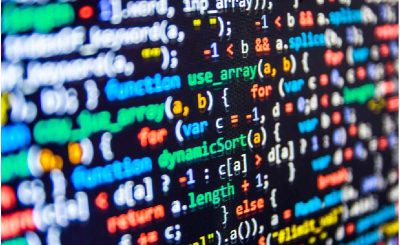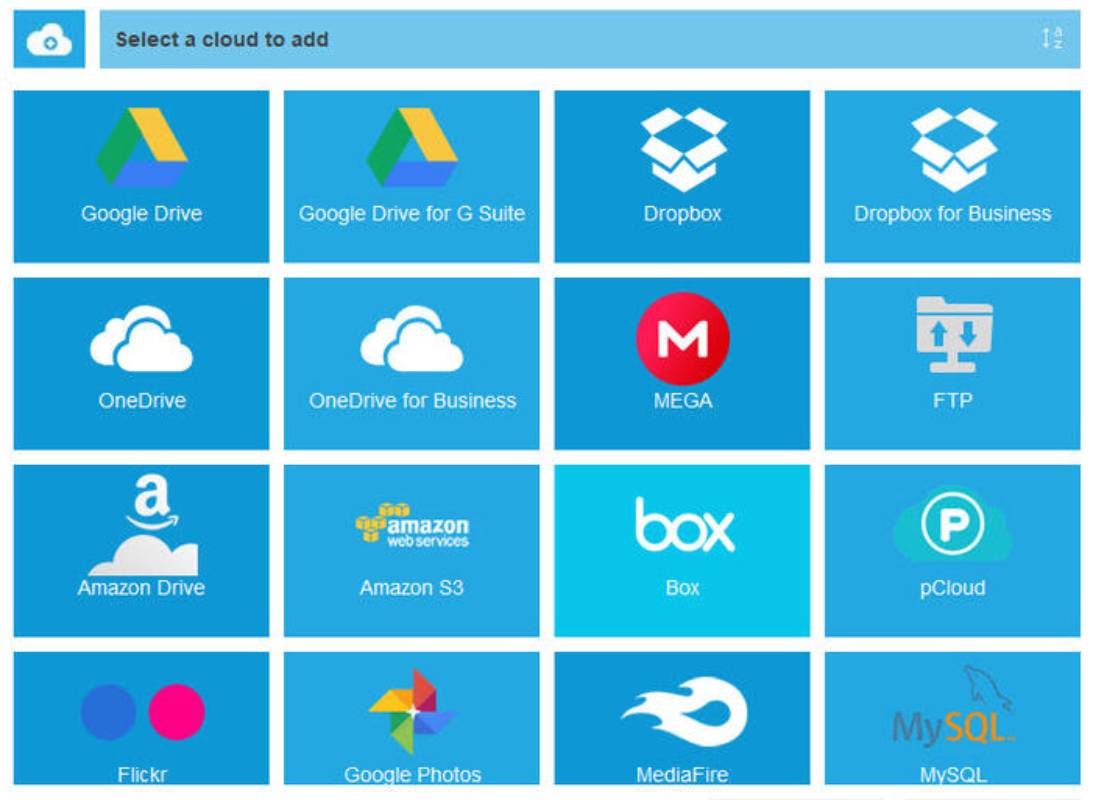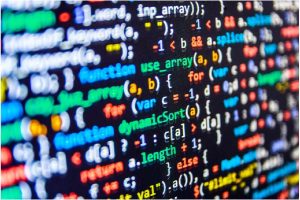Data Science is responsible for analyzing large volumes of information with the help of artificial intelligence to improve information management.
-
Data Analytics
Data science definition
Data science combines numerous fields to extract value from data, including statistics, scientific approaches, artificial intelligence (AI), and Data Analytics. Data scientists are professionals who analyze data from the web, smartphones, users, sensors, and other sources to derive actionable insights.
Data science encompasses preparing data for analysis, including cleaning, aggregating, and manipulating data to perform advanced analysis. Analytical applications and data scientists can review the results to uncover patterns and enable business leaders to gain substantiated insights.
Data science is the field of applying sophisticated analytical techniques and scientific principles to extract valuable insights from data for business decision-making, strategic planning, and other uses. It is increasingly critical for businesses: the insights generated by data science help organizations increase operational efficiency, identify new business opportunities, and improve sales and marketing programs, among other benefits. Ultimately, they can create competitive advantages over business rivals.
Data science is a vast interdisciplinary discipline that aims to make sense of unstructured data. Discover all you need to know regarding Data Science, including its definition, application domains, and current limitations. This complicated topic has become one of the critical strengths of corporations across all industries.
More About Data Science
The simplest definition of data science is the extraction of exploitable information from raw data. This multidisciplinary field’s main objective is to identify trends, reasons, connections, and correlations in large data series. Data science encompasses various tools and techniques such as computer programming, predictive analytics, mathematics, statistics, and artificial intelligence. Now, Data Science also includes Machine Learning algorithms. Almost every company today claims to practice Data Science in one way or another However, the strategies and tactics employed by each organization may differ. It becomes tough to offer a precise definition of Data Science. And much more if we think that new technologies that continually transform the sector do not stop appearing. Thus, to define data science, the best question to ask is “why?”
Why data science?
Because humanity is creating more and more data, Data Science is witnessing a brilliant surge in all domains of activity. Between 2011 and 2013, the worldwide volume of data increased by nine times in only two years.
Since then, the Big Data growth hasn’t slowed down. The entire volume of data globally is expected to reach 44 zettabytes by the end of 2020, up from less than 5 zettabytes in 2013. How do we explain this phenomenon? Several emerging technologies generate data. That is the case with connected objects, social networks, smartphones, or web search engines.
However, all this data offers incredible opportunities for companies in all sectors, research institutions, and the public. This is why information is often referred to as “ the oil of the 21st century.
More information about our courses
The objective of Data Science is to exploit this data, to make sense of it. This discipline seeks to explore large “data lakes” searching for connections, trends, and points of interest.
Based on these discoveries, it is possible to create innovative new products and services, solve concrete problems, and improve these performances. Data Science allows decisions based on data instead of simple intuition. In this way, it revolutionizes our day-to-day and will enable us to open up to new horizons. In short, Data Science represents an inescapable science for the world of tomorrow.
How does Data Science work?
Data Science is a broad term encompassing a wide range of disciplines and areas of expertise. His goal remains to make sense of the raw data. To achieve this, Data Scientists must have skills in data engineering, mathematics, statistics, computer science, and Data Visualization. These skills will enable them to navigate the vast arrays of raw data to extract the most relevant information from it and communicate it to those in charge of their organizations. Data Scientists also exploit artificial intelligence, specifically Machine Learning and Deep Learning. Those technologies are used to create models and make predictions using various algorithms and techniques.












